Relatively soon, Apple should introduce new operating systems. As is customary for the Cupertino giant, it traditionally announces its operating systems on the occasion of the WWDC developer conferences, which take place every June. Apple fans now have interesting expectations from macOS. In the segment of apple computers, extensive changes have been taking place recently. They started in 2020 with the transition to Apple Silicon, which should be fully completed this year. So it's no wonder that interesting speculations are starting to spread about a revolution in macOS.
It could be interest you

The macOS operating system is currently available in two versions – for computers with an Intel processor or Apple Silicon. The system must be modified in this way, since they are different architectures, which is why we could not run the same version on the other. That is why, with the advent of Apple chips, we lost the possibility of Boot Camp, i.e. installing Windows alongside macOS. However, as we mentioned above, already in 2020, Apple said that the entire transition from Intel processors to its own solution in the form of Apple Silicon will take 2 years. And if we already have both basic and high-end models covered, it's more or less clear that Intel won't be with us for long. What does this mean for the system itself?
Better integration of hardware and software
To put it very simply, all speculations about the impending macOS revolution are practically correct. We can be inspired by the popular iPhones, which have had their own chips and iOS operating system for years, thanks to which Apple can significantly better link hardware with software. If we were to compare the iPhone with the rival flagship, but only on paper, we can clearly state that Apple is several years behind. But in reality, it keeps up with the competition and even surpasses it in terms of performance.
We could expect something similar in the case of apple computers. If the current range of Macs will consist only of models with an Apple Silicon chip, it is clear that Apple will primarily focus on the operating system for these pieces, while the version for Intel may lag behind. Specifically, Macs could get even better optimization and the ability to take full advantage of their hardware. We already have, for example, a system portrait mode or a live text function, which is specifically provided by the Neural Engine processor, which is part of all chips from the Apple Silicon family.
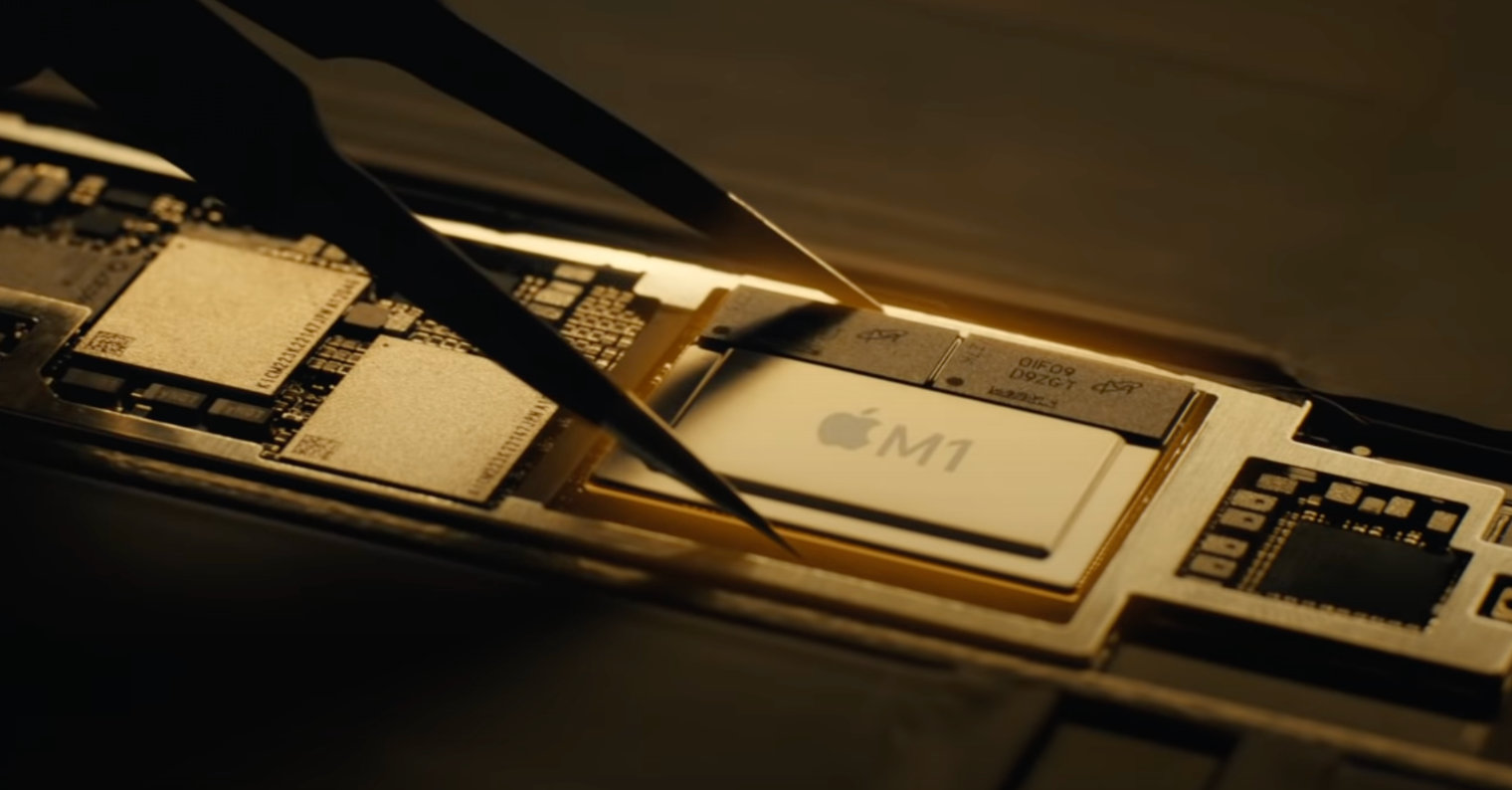
New features or something better?
In conclusion, the question is whether we actually need any new functions. Of course, a bunch of them would fit into macOS, but it is necessary to realize that the already mentioned optimization is in place, which will ensure flawless operation of the device in practically all situations. This approach would be much better for the users themselves.
It could be interest you

 Adam Kos
Adam Kos 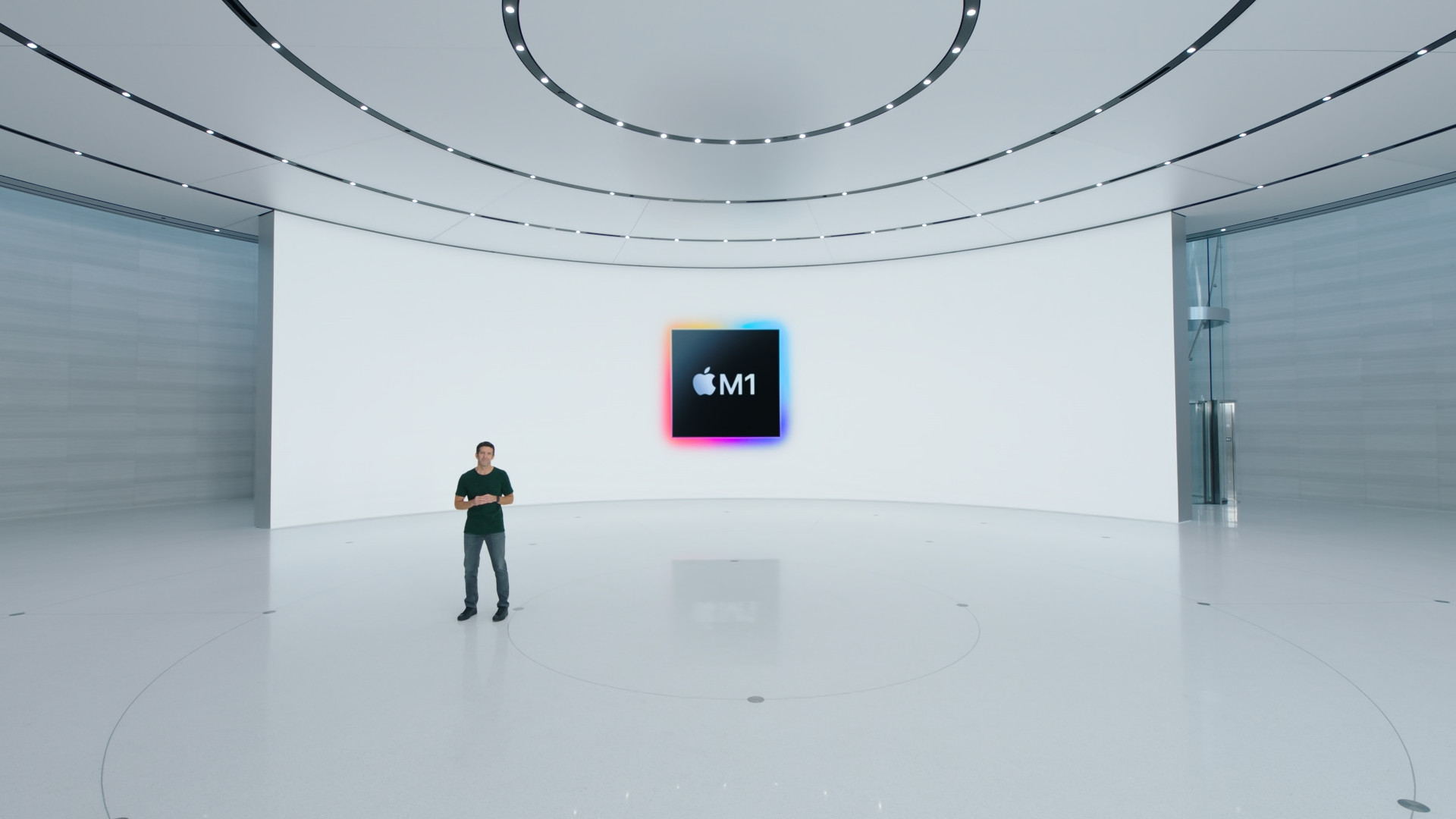

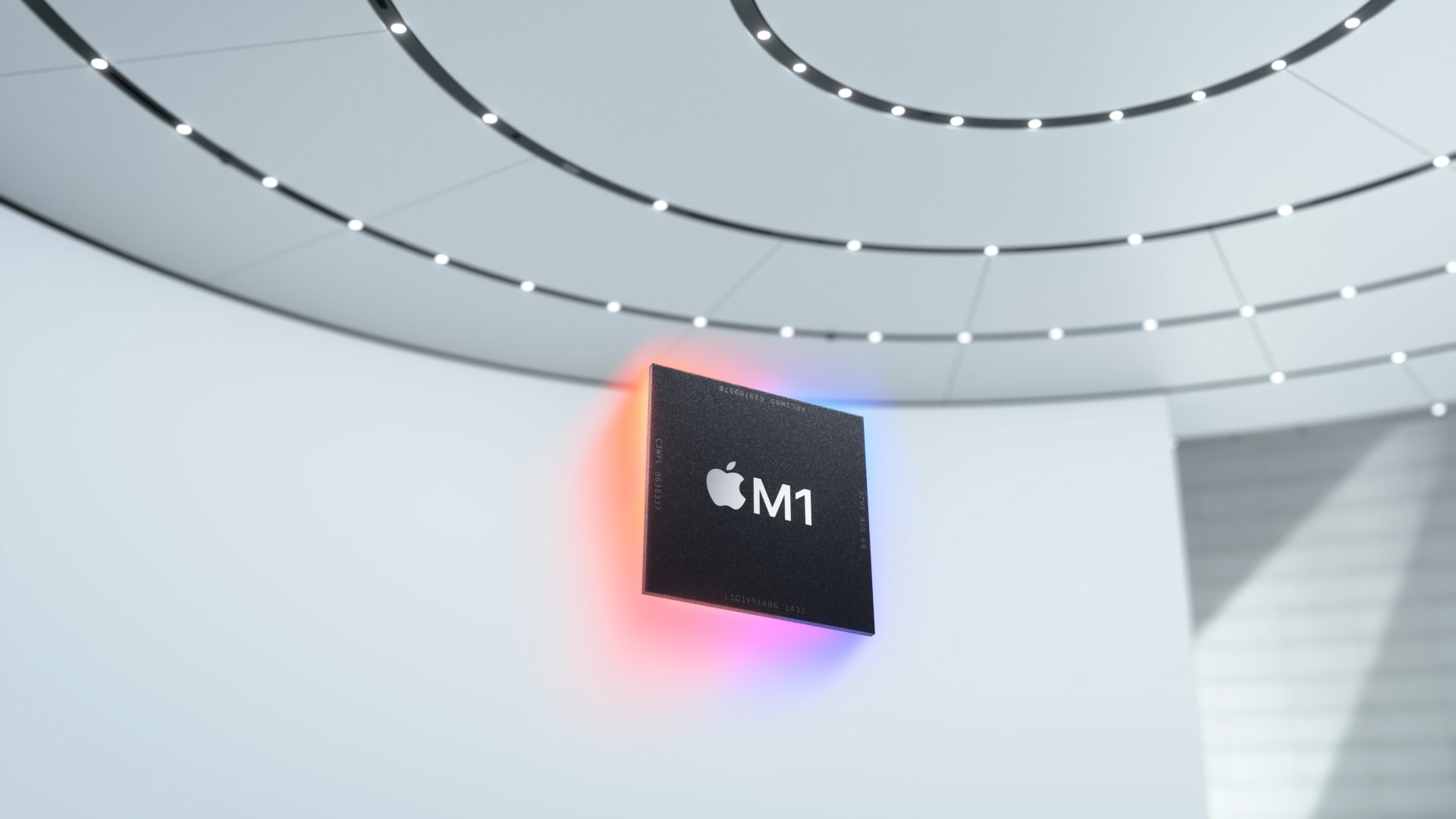

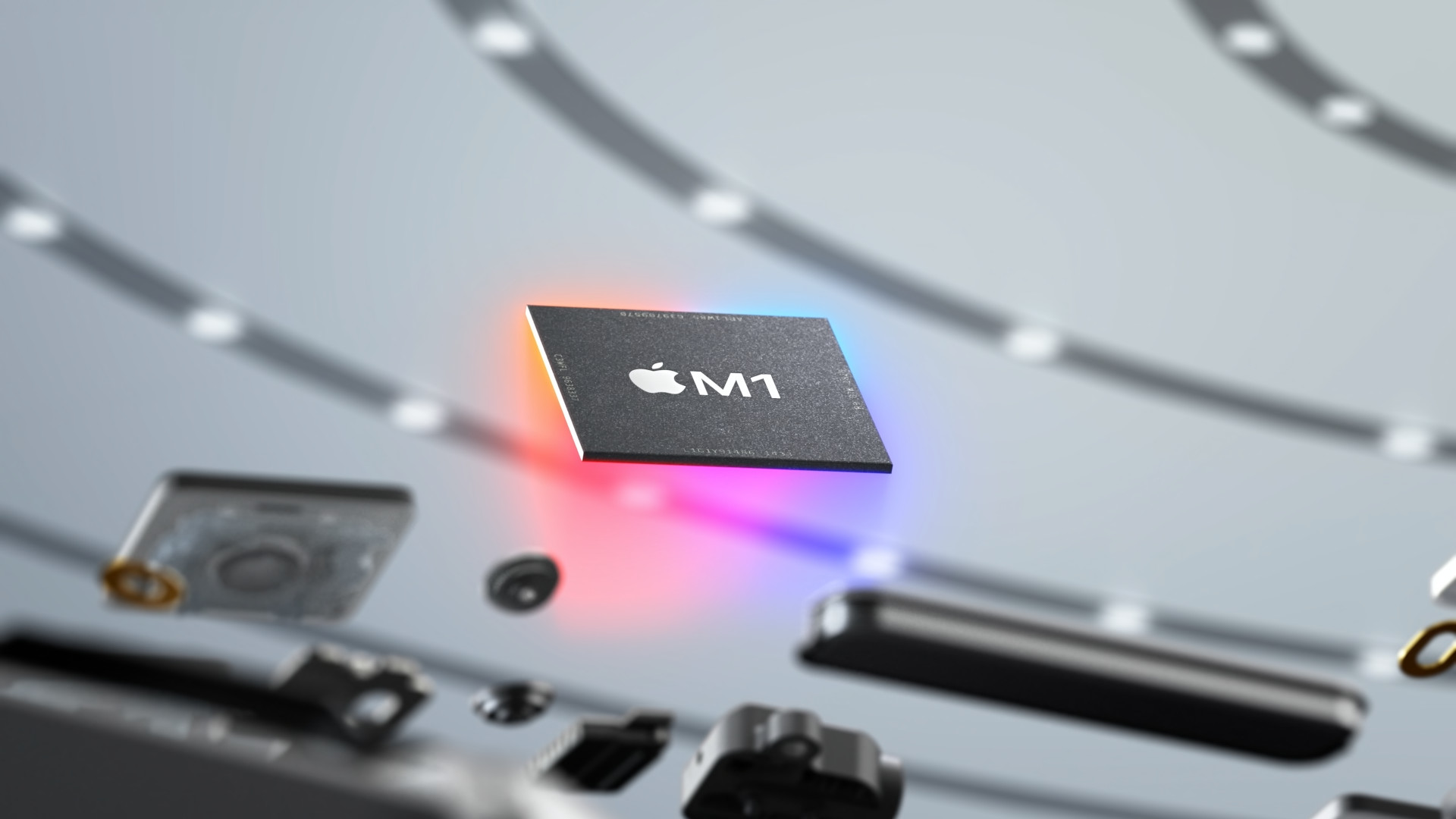
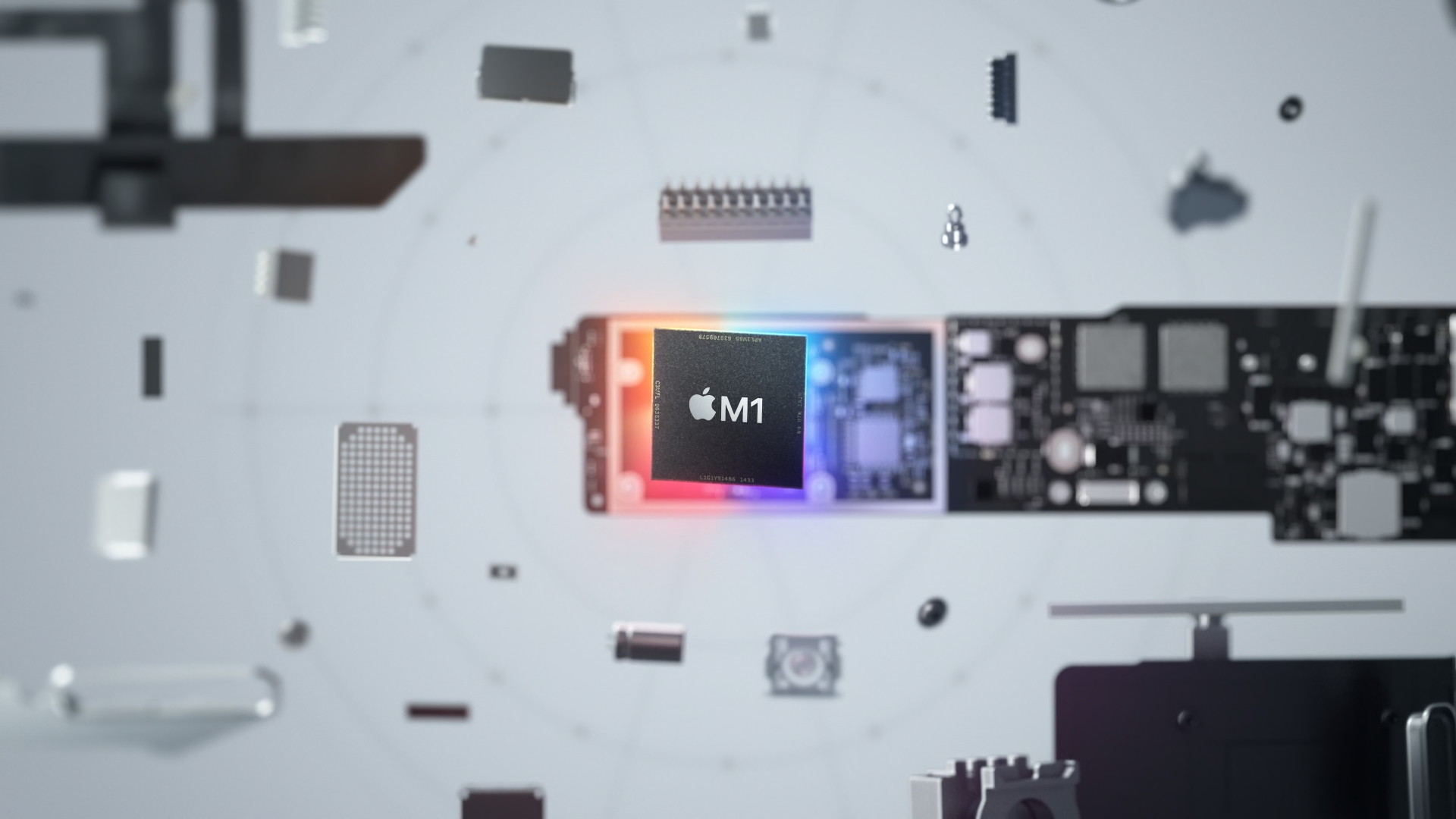
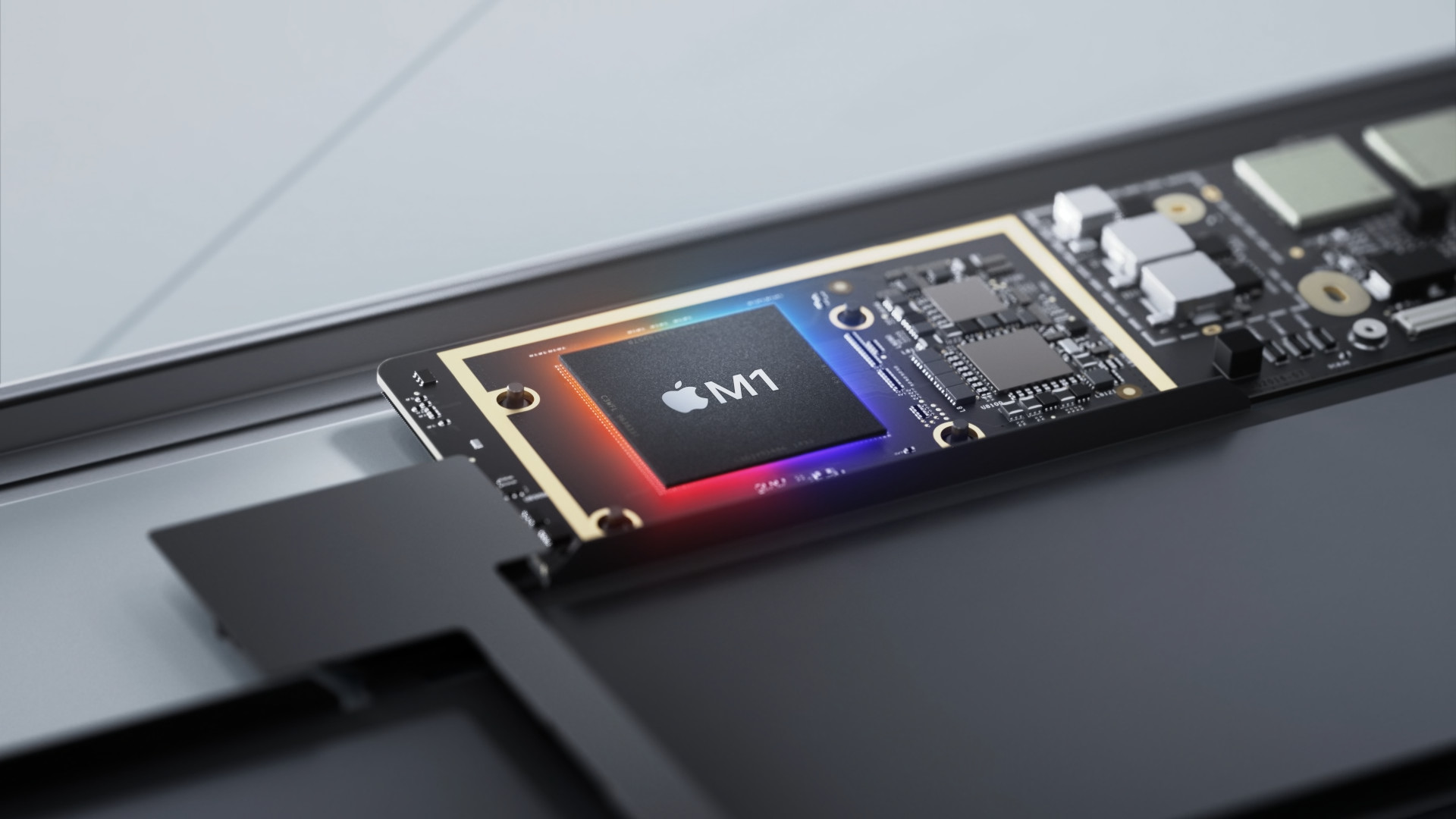


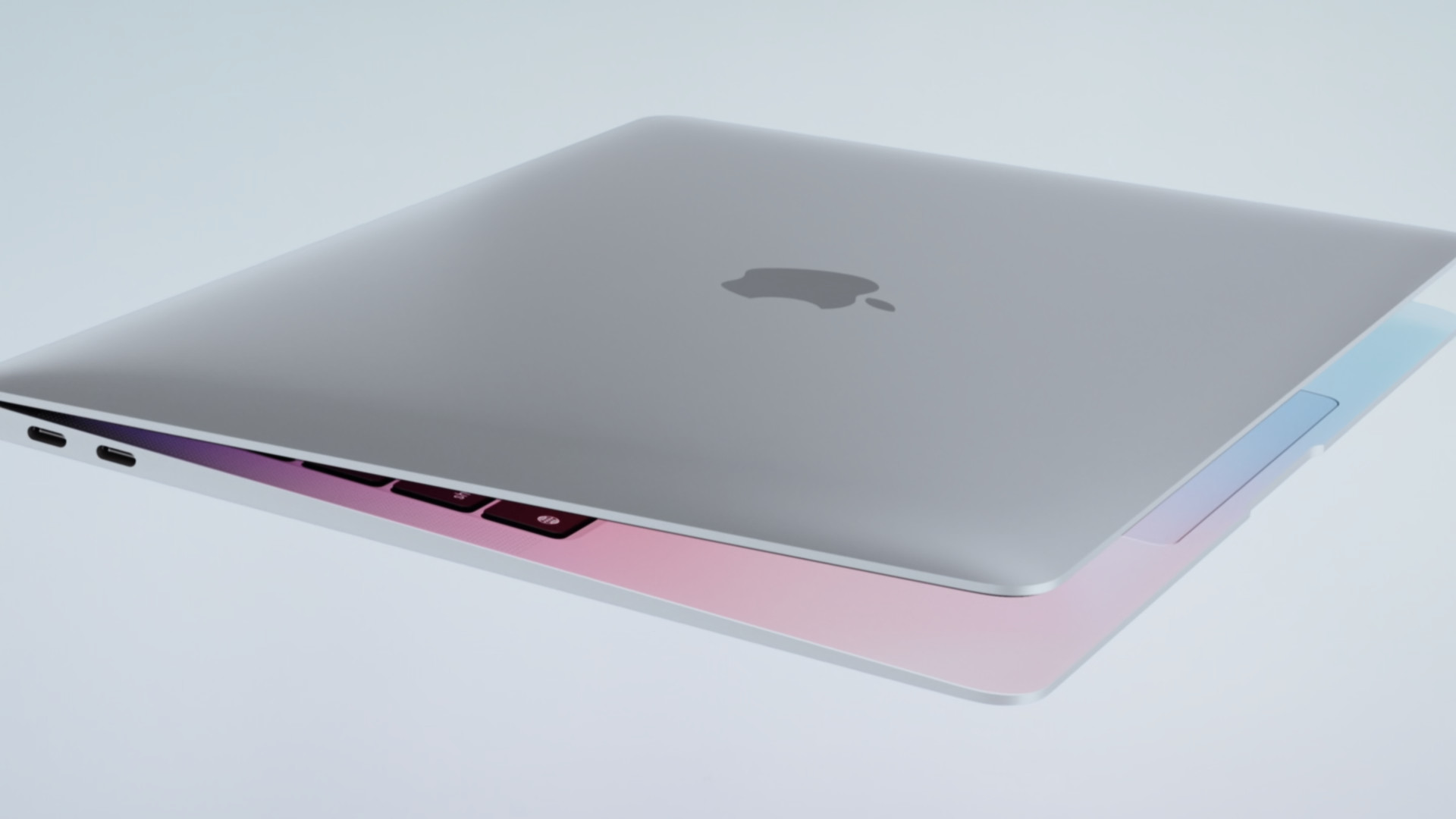


Apple makes revolutions between versions very rarely. Practically not at all in the field of OS. They are always very thoughtful and elaborate evolutions. At first glance, iOS hasn't changed since 2007. macOS since 2001, not so much either.